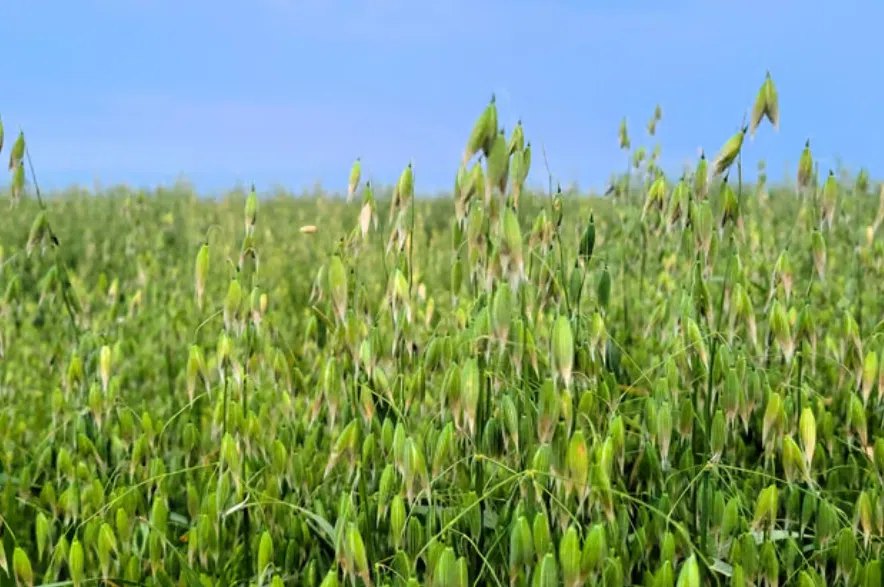This story was first published on RealAgriculture.com on July 15 date, 2025
Findings of a new study suggests that Canadian prairie oat growers have got a good story to tell when it comes to the sustainability rating of the crops they grow.
The Prairie Oat Growers Association (POGA) points to research from the Global Institute for Food Security (GIFS) at the University of Saskatchewan, which confirms that Western Canada is leading the world in low-emission, sustainable oat production.
Read more:
- WATCH: New generation of hybrid rye brings breeding innovation to the field
- Recent rainfall a drop in the bucket for southwest Saskatchewan farmers
- Les Henry award presented to Manitoba soil and water researcher
The comparative carbon footprint study by GIFS, analyzed oat and barley production across Canada and internationally, and found that Western Canadian farmers produce oats with the lowest carbon intensity relative to other jurisdictions in the study.
“This study validates the efforts our farmers have been making for decades,” says Ambrely Ralph, POGA co-president.
“From reduced tillage and diverse rotations to precision fertilizer use and continued innovation, our growers are showing the world what sustainable agriculture really looks like. This is a major win for Canadian oats on the global stage.”
The study’s carbon life cycle analysis followed globally recognized standards, and the findings are consistent with previous research on crops such as wheat, canola, peas, and lentils.
The study compiled and reviewed data on the carbon dioxide equivalent emissions for the various activities that go into crop production, including transportation of field inputs, seed, fertilizer and manure inputs, emissions associated with fertilizer and pesticide manufacturing, energy emissions (from irrigation, field activities, and post-harvest work) and nitrous oxide and carbon dioxide emissions from the application of nitrogen fertilizer, lime and urea.
“Canadian oat growers are not only producing a healthy, in-demand food product — they’re doing it with an environmental footprint that’s second to none,” Ralph says.
“This kind of data gives us more information to use when talking to potential international customers and when working with governments around the world, including right here in Canada.”
POGA believes this evidence-based research is essential to informing future policy and trade decisions, ensuring that sustainability standards reflect actual on-the-ground practices and outcomes.
Listen to RealAg on the Weekend, Saturdays at 4 p.m. and Sundays at 1 p.m. on 650 CKOM and 980 CJME.
Read more:











